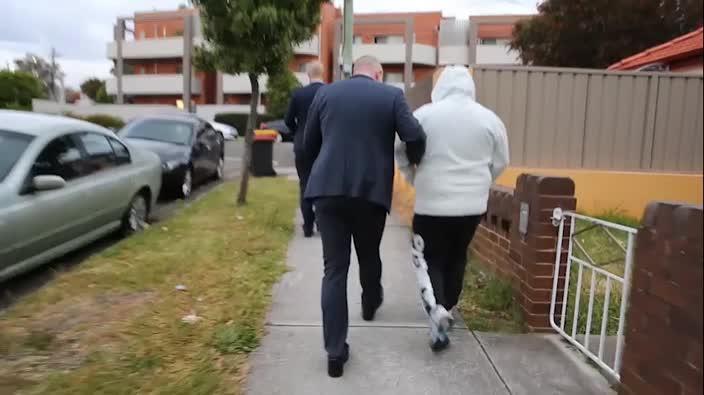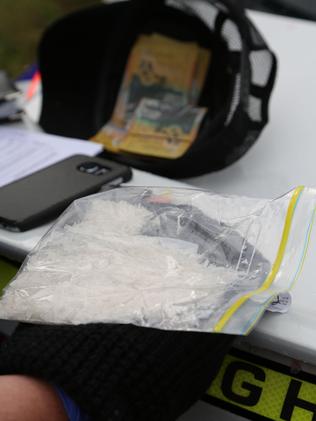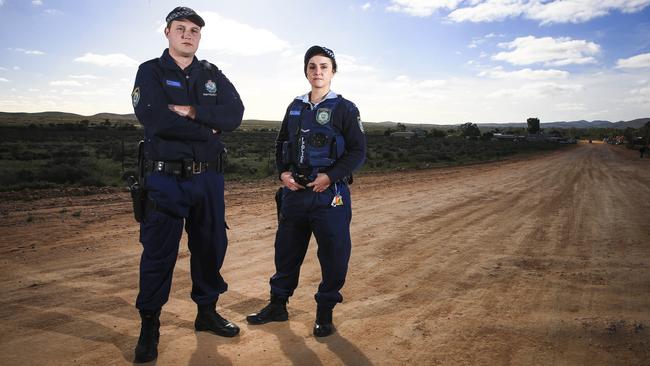Ice scourge: Young country tradies biggest abusers of the drug
EXCLUSIVE: THE ice scourge has spread to rural Australia — with money hungry bikies preying on young tradies in “vulnerable towns” so much they’re now our biggest abusers of the drug.

NSW
Don't miss out on the headlines from NSW. Followed categories will be added to My News.
THE ice scourge has spread to rural Australia — with money hungry bikies preying on young tradies in “vulnerable towns” so much they’re now our biggest abusers of the drug.
New research reveals use of crystal methamphetamine in rural Australia has jumped by 150 per cent since 2007.
Over the same period it has increased by just 16 per cent in metropolitan centres.
Flinders University’s National Centre for Education and Training on Addiction director Ann Roche said her research proved rural areas were in the grip of an ice epidemic worse than that being seen in cities.


She found the use of crystal methamphetamine was higher in rural areas among employed people, but in metro areas it was worst among the unemployed.
“That finding was unexpected and that suggests to us some rural communities are being targeted and there’s anecdotal evidence to suggest that bikie gangs and criminal groups are specifically targeting more vulnerable communities,” Prof Roche said.
RELATED NEWS
BROKEN HILL THE ICE CAPITAL OF NSW
“It may well be that there is specific targeting going on through some workplaces but the encouraging thing about that is we can look at some places of employment as ways to help prevent either the uptake or the increased use.”

Prof Roche found 2.3 per cent of employed people in rural Australia had recently used ice compared to 1.4 per cent in capital cities.
“We’ve looked at the national data and we do know that it’s 18 to 25-year-old males who work in trades who generally are the higher users of crystal methamphetamine and we would assume that would apply across the rural sectors as well,” she said.
In cities 5.5 per cent of unemployed people used ice compared to just 0.7 per cent in rural centres.


The research will be presented at the Australasian Professional Society On Alcohol And Other Drugs conference in Sydney today.
Mates in Construction chief executive Jorgen Gullestrup said ice was being used in rural areas as “self-medication” by workers trying to combat mental health issues, particularly in isolated work camps.
“Some camps have tight controls of alcohol and that’s a good thing because we don’t want people to drink too much but people may substitute drink with drugs,” he said.
Broken Hill mayor Darriea Turley sees young, male ice addicts in her rural community struggling to get help from ill-equipped health services.
“I’ve had families say to me they’ve taken their 15-year-old son to the hospital but it hasn’t been prepared because they haven’t seen someone so young,” she said.



